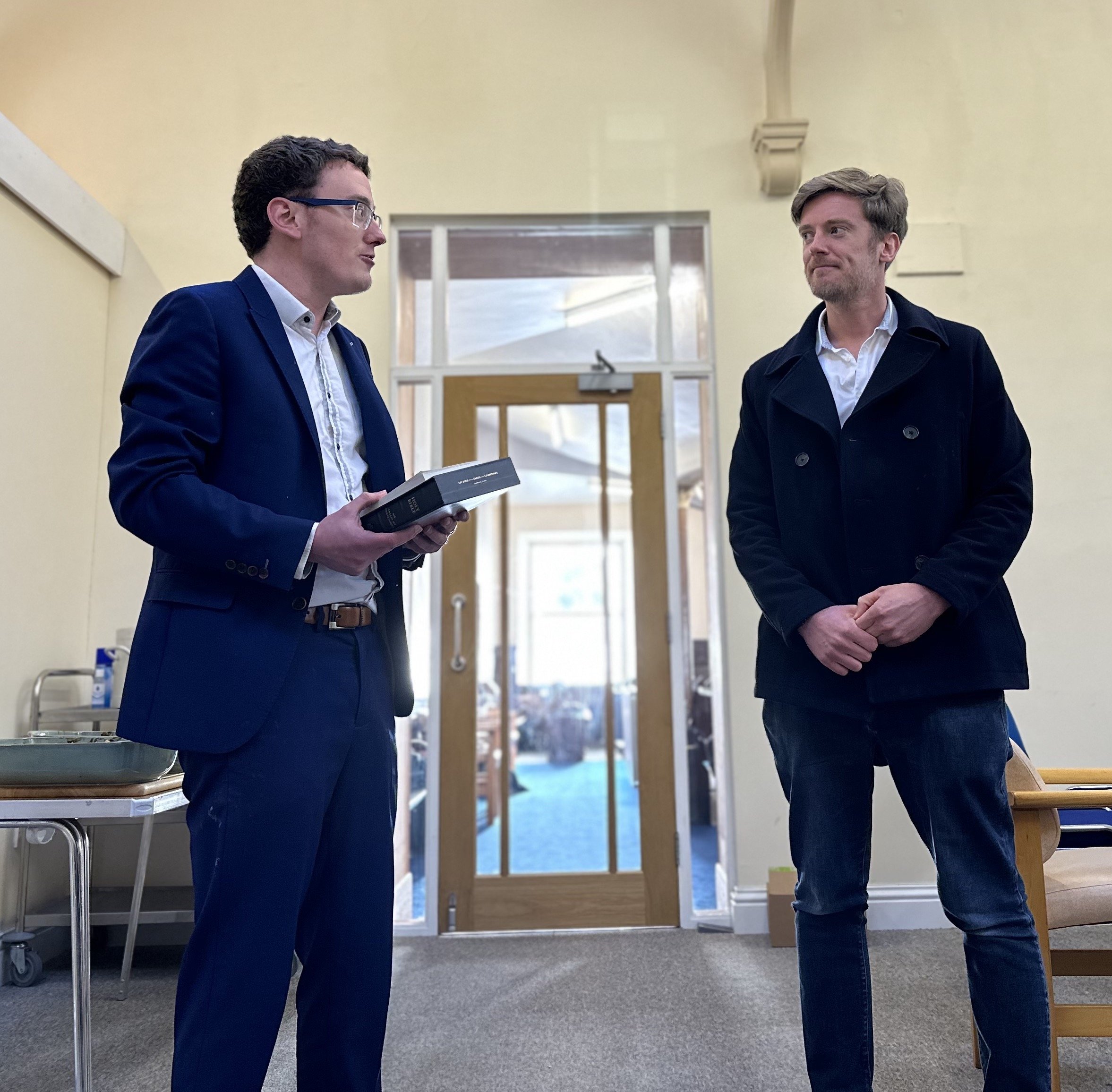No doubt many of us were part of the estimated 4 billion people around the world to watch at least part of the Queen’s funeral. Staggeringly, that’s double what the world population was when the Queen was born – and half of it today.
What I found particularly remarkable about it all is that through the readings, psalms, hymns and addresses, the largest TV audience in history got to hear the Christian message of resurrection life in the face of death.
I’m under no allusion that the vast majority of those there on the day – including some taking part – actually believed what they were hearing, singing and reading. But I think we can be fairly confident that the Queen did. And to the extent that she tailored the songs and readings to highlight the hope she had, her funeral was her last – and possibly greatest – gift to us.
So what was the message of the funeral?
The closing verse of the first hymn pointed beyond the Queen and her Empire, to a greater Monarch, and a greater Empire. Speaking of God, it declared: ‘Thy throne shall never like earth’s proud empires, pass away’. One day all earthly empires will come to an end – but not the kingdom of Jesus Christ.
One of the most moving parts of the services was the removal of the crown, orb and sceptre from the coffin. Elizabeth II had worn that crown with great dignity for seven decades. Eventually, however, she took it off for a final time. Not so with her Saviour: ‘Your kingdom is an everlasting kingdom, and your dominion endures throughout all generations’ (Psalm 145:13)
For many, the thought of giving up whatever small amount of worldly glory or status we may have is a thing to be resisted. Whatever we think of as our ‘crown’, we hold onto for as long as we can. The message the Queen wanted to leave us with at her funeral however was that she gave her crown up willingly. Another hymn spoke of the day when ‘we cast our crowns before thee, lost in wonder, love and praise’.
One of the most counter-cultural messages to come out of the Queen’s funeral was that death is not just a natural part of life. Deep down, we know that already of course. When we stand before the coffin of a loved one, everything inside us cries out ‘it wasn’t meant to be this way!’ The first reading at the funeral described death as an ‘enemy’. However the reading also looked forward to the day when that ‘last enemy’ would be destroyed.
Christianity teaches that death was no part of God’s original creation. But men and women tried to overthrow God’s good and loving reign – and as a result, suffering and death came into the world. But Christianity also teaches that on the cross, Jesus defeated death for his people. That just as the grave was not able to hold him, it will not be able to hold us either.
For me, the most powerful moment of the whole funeral was at the very beginning. Westminster Abbey dropped to a hush and, with all eyes on the coffin, the choir proclaimed Jesus’ breathtaking claim: ‘I am the resurrection and the life. Whoever believes in me, though he die, yet shall he live’.
Hearing that claim is one thing – believing it is another. Yet when it came to Her Majesty, we have reason to believe that she did both. And because of that faith in Jesus, the final words of Psalm 23 (also sung at the funeral) were true for her – as they can be for us: ‘in God’s house for evermore my dwelling place shall be’.
To sum it up, the message of the most watched television broadcast of all time, was that there is a far greater Monarch than Elizabeth II or Charles III. Our late Queen had been reminded of that at her coronation, with the words: ‘Receive this orb set under the cross, and remember that the whole world is subject to the Power and Empire of Christ our Redeemer’.
The sad truth is that every one of us tries to set up our own empire rather than submit to his. And yet the greatest of all Kings laid aside his privileges to come into this world and reconcile us to God through his death.
As the Archbishop of Canterbury said in his sermon: ‘Christ rose from the dead and offers life to all, abundant life now and life with God in eternity’.
Published in the Stranraer & Wigtownshire Free Press, 29th September 2022








